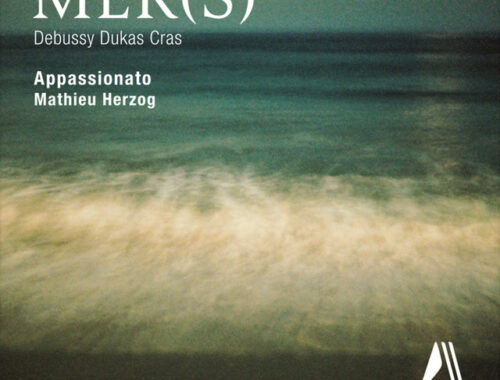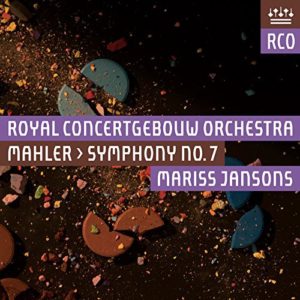London Philharmonic Orchestra & Choir, Nézet-Séguin, Royal Festival Hall
Bruckner’s unfinished final symphony – the 9th – poses many questions, none more perplexing than what might have been in terms of its absent finale.
There are those who insist that the great Catholic symphonist had completely sketched and all but scored the final movement – but attempts to stitch together a performing version have only served to endorse what Bruckner already appears to have concluded – that those sketches were unworthy of what preceded them. To the three completed movements – each more extraordinary than anything he had done before – he might have added the words: “It is enough”.
But then again, a near-death suggestion that his Te Deum might serve as a surrogate finale is far too tempting to brush aside, its resounding affirmation in complete defiance of the slow movement’s terrifying crisis of faith – and put to the test, as Yannick Nézet-Séguin so satisfyingly did in this extraordinary concert, gave the symphony a bold new context. Framing it between the motet “Christus factus est” and the Te Deum threw its mystery and awe into very high relief indeed.
The exposed choral strands of the motet – sensitively negotiated by the London Philharmonic Choir – even seemed to suggest a churchy acoustic lending atmosphere to the Royal Festival Hall’s coolly analytical sound while the segue from hushed chorale into the opening bars of the symphony, horns sounding from the lower depths, was heart-stoppingly theatrical.
Nézet-Séguin’s Bruckner, and especially this Bruckner, is hugely – some would say controversially – expansive. His fantastic sense of its inevitability and inexorability requires great courage and patience and above all belief from his LPO players. Listening to the string phrasing in the second subject of the first movement one was struck by how personal and intimate it sounded and more than that how it felt illuminated from within.
Nézet-Séguin’s Bruckner sound is blended, never brass dominated, except in key moments of shock and awe like the mocking laughter of the trombones in the scherzo and the howling dissonance of the slow movement’s ultimate climax. He achieves mystery in pause and stasis and the harmonically unexpected in his conviction to “hurry slowly”. I’ve not heard Bruckner quite like this before.
The Te Deum did not feel like an afterthought or “after song” as Wagner might have put it – but rather a glimpse of Bruckner’s hereafter and the level of inspiration his weary body and soul could not muster after putting the slow movement of the 9th to rest.
You May Also Like

GRAMOPHONE Review: Price Piano Concerto/Symphony No 1/Ethiopia’s Shadow in America – His Resignation and Faith – Kanneh-Mason, Chineke!/Suganandarajah/Cox
02/10/2023
GRAMOPHONE Review: MERS(S) Debussy Dukas Cras – Appassionato/Herzog
22/04/2024
